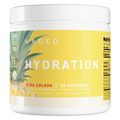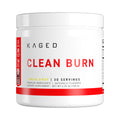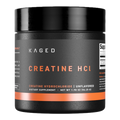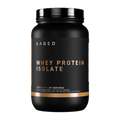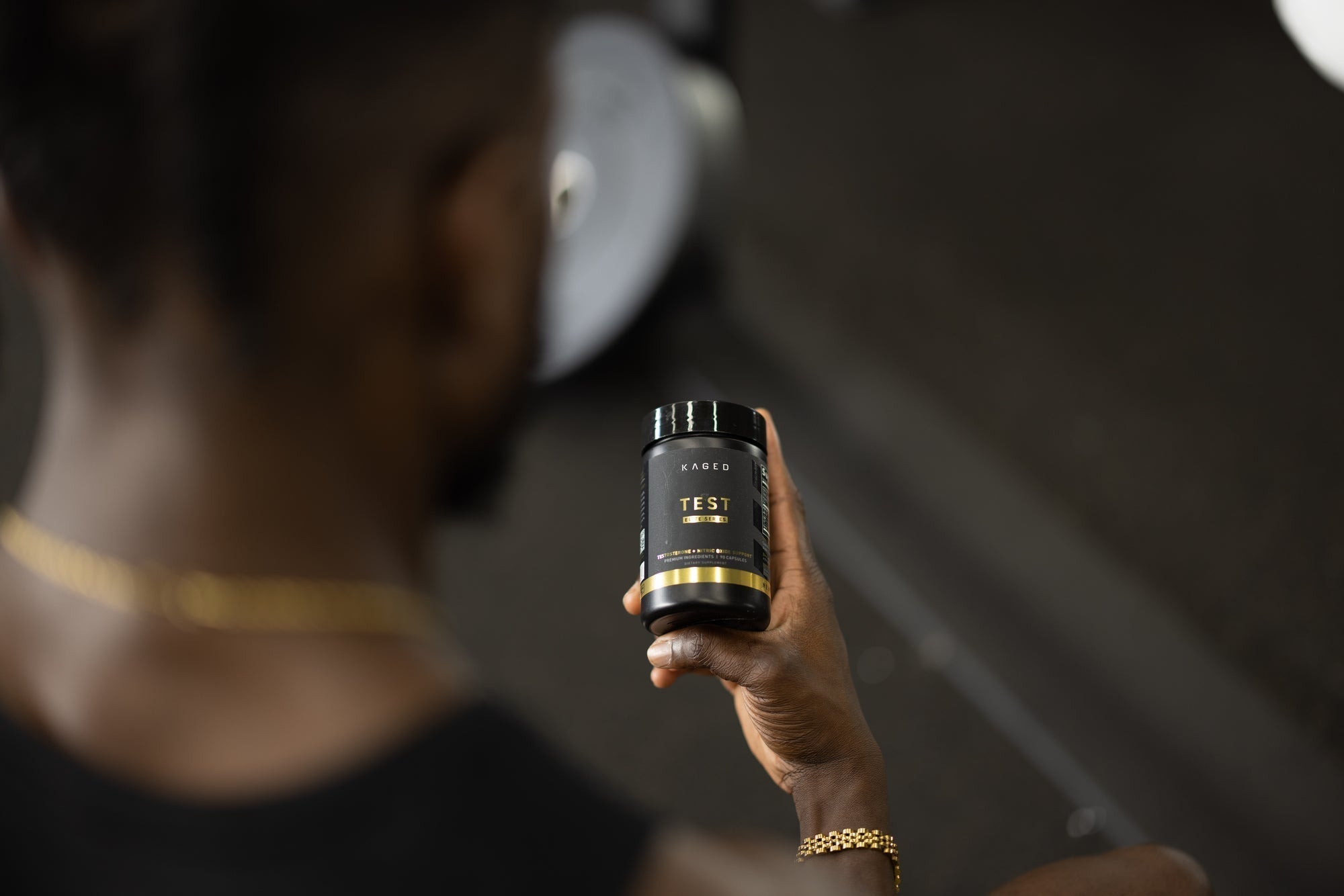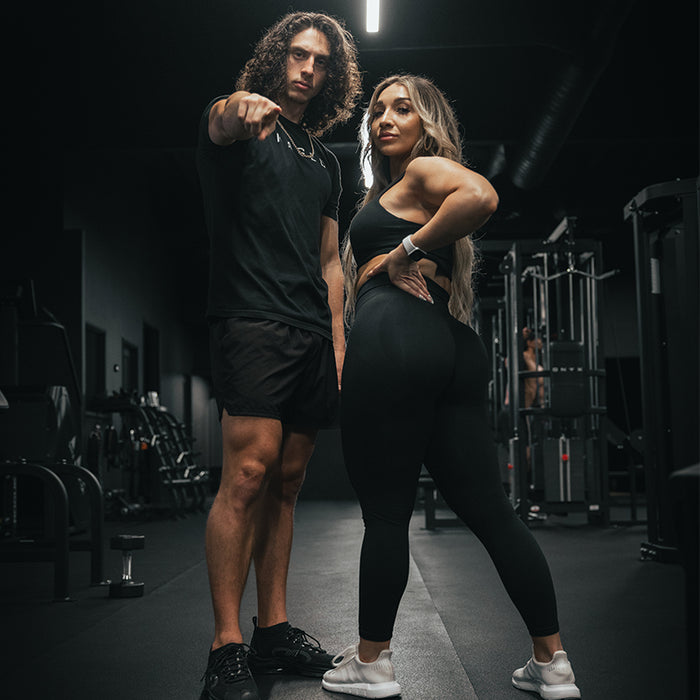Testosterone is often called the “king hormone” for a reason. It’s crucial for muscle, energy, performance, and even mood.
And at around age 30, men’s testosterone levels usually begin to drop, and some studies suggest that testosterone levels are declining even in young men compared to previous generations.
Today we’ll talk about two approaches to helping you fix this: natural supplements (often called “testosterone boosters”) and testosterone replacement therapy.
First, we’d like to be clear that your first actions should be to audit your lifestyle and follow the rules for increasing testosterone.
If you’re doing that, then you can look into these direct approaches.
Both options have benefits and downsides. TRT means taking real testosterone under a doctor’s care. T Boosters are pills or powders with (hopefully) natural ingredients that, if properly formulated, can support your body’s own natural testosterone and keep it in the healthy range.
TRT vs Testosterone Booster Supplements: Quick Comparison
| Feature |
Testosterone Replacement Therapy (TRT) |
Testosterone Boosters (Supplements) |
| What it is |
Prescription treatment that adds real testosterone to the body |
Over-the-counter supplements that may support natural T production |
| Effectiveness |
Proven to raise testosterone levels in men with clinically low T |
Depends on the ingredients, less intense effects than TRT. |
| Pros |
Reliable increase in testosterone |
Natural, often lower risk than hormones |
| Cons |
• Requires medical visits and blood tests
• May reduce fertility
• Possible side effects (acne, sleep apnea, prostate growth)
|
• Limited scientific proof
• Quality varies across products
• Usually less impact than TRT
|
| Best for |
Men with confirmed, clinically low testosterone under medical care |
Men with normal or slightly low levels who want a natural, lower-stakes option |
We will explain how they differ and what to expect from each.
Testosterone Replacement Therapy
TRT, or Testosterone Replacement Therapy, is a medical treatment for men with clinically low testosterone. A doctor prescribes testosterone in pills, gels, patches, or shots to bring levels back to normal.
When done right, TRT can help improve symptoms. It may boost sex drive, muscle strength, bone density, red blood cells, mood, and even thinking in men with low T.
However, TRT is not without risks. Because it uses actual hormones, it can cause side effects.
Common side effects include acne, more prostate growth, and water retention.
TRT can shrink testicles and cut sperm production.
It can also make existing sleep apnea worse and may raise the chance of blood clots or heart issues. Because TRT changes hormone levels, doctors monitor it carefully. They do regular blood tests to check blood cell counts, heart health, and any prostate issues.
Anabolic Steroids vs TRT
Anabolic steroids are a different matter. Some people think TRT is the same as taking steroids for bodybuilding. It is not.
Anabolic steroids often mean very high doses of hormones or other drugs taken illegally to build muscle quickly. By contrast, TRT uses only testosterone in controlled, usually smaller doses prescribed by a doctor. The key differences are dose and purpose.
Pros and Cons of TRT
Pros of TRT
-
Effective for true low T. TRT reliably raises testosterone levels back to normal when a deficiency is confirmed.
-
Symptom improvement. Men on TRT often see clear benefits: better libido, more muscle and bone mass, higher energy, and better mood.
-
Medical supervision. Treatment is monitored by a doctor, who adjusts dose and checks for side effects.
Cons of TRT
-
Requires prescription. You must get a doctor’s approval and have regular blood tests.
-
Side effects. TRT may cause acne, hair loss, and enlargement of the prostate (non-cancerous). It can also worsen sleep apnea or heart conditions.
-
Hard to cycle off. If you’re eon TRT, you can’t just suddenly stop without serious side effects.
-
Fertility issues. Because TRT adds external testosterone, the body’s own production slows. This can shrink the testicles and reduce sperm count, affecting fertility.
-
Other health risks. Some studies suggest caution, especially if you have heart disease or are very overweight. TRT increases red blood cells, which could raise the risk of clots.
-
Not for normal aging. TRT is meant for men with a clear hormone deficiency. It is not a treatment for just feeling a bit weaker or older. It is not for young men with healthy testosterone levels.
“Testosterone Boosters” Supplements
Testosterone boosters are a category of dietary supplements sold over the counter.
They usually have a mix of vitamins, minerals, and herbs. In this article, we wrote about the 5 best “test booster” ingredients to look for.

The idea is these ingredients support the body’s own hormone production. A “testostonere booster” supplement does not contain testosterone itself. Instead, it claims to help your body make more or use testosterone better.
The Challenge With This Comparison is That Testosterone Supplements Vary Widely
Some supplements promise big results, but research is often weak.
A 2019 study of 50 products found that 90% of them claimed to raise T and only about 25% had any evidence for it.
In other words, the majority are not backed by solid data.
You Have to Do Your Research on a Specific Product and Its Ingredients
At Kaged, we pride ourselves on only using research-backed ingredients at doses shown to support natural testosterone levels.
It’s why we use LJ100® Tongkat Ali and KSM-66® Ashwagandha, patented forms of well-researched ingredients, in our natural test support supplement, Kaged Test.
Assuming you choose the right product like Kaged Test, there are many good reasons to choose a supplement before considering testosterone replacement therapy.
Pros of Testosterone Boosters
-
No prescription needed. Boosters can be bought over the counter without a doctor.
-
Natural ingredients. They use herbs, vitamins, and minerals.
-
Gentle effects. They tend to only raise testosterone within the normal range, not at very high levels.
-
More mild benefits. This could be a pro or a con depending on your perspective. The effects will be more modest than medical intervention.
-
Fewer side effects. Again, assuming you choose a high-quality option, you’ll have fewer risks of side effects. You can easily stop at any time.
-
Suitable for younger men with healthy testosterone levels. Even if you don’t have clinically low T, many younger men (20s and 30s) can benefit from the effects of a natural test booster.
Cons of Testosterone Boosters
-
Quality varies. Supplements are not tightly regulated. That’s why it’s important to choose a trusted brand like Kaged.
-
Side effects are possible. Natural does not always mean harmless. High doses of zinc may cause nausea. Fenugreek can affect blood sugar and white blood cells.
-
No doctor oversight. People often take boosters on their own, without a doctor checking their health or hormone levels.
-
Marketing hype. Many boosters rely on marketing claims. A lot of the time, you’re buying overpriced herbs.
Making the Choice
The first step is to see your primary healthcare provider and get your testosterone levels tested. Even if you’re young and healthy right now, this can help you get a baseline.
A simple blood test can confirm if your levels are below normal. If you have symptoms (like very low energy or low libido) and tests show a deficiency, a doctor might recommend TRT.
From here, it’s up to you if you want to go the lifestyle and natural route or jump into a medical intervention. That’s between you and your healthcare provider.
Eating a balanced diet, keeping a healthy weight, exercising regularly, and getting enough sleep can all help support testosterone naturally.
Testosterone booster supplements can be part of your plan, but they have limits and will not do the work for you.
If you want a safer, natural option, supplements like Kaged TEST (formerly Ferodrox) use ingredients aimed at supporting healthy testosterone production in conjunction with a resistance training program.*
*These statements have not been evaluated by the FDA. This product is not intended to diagnose, treat, cure, or prevent any disease.
